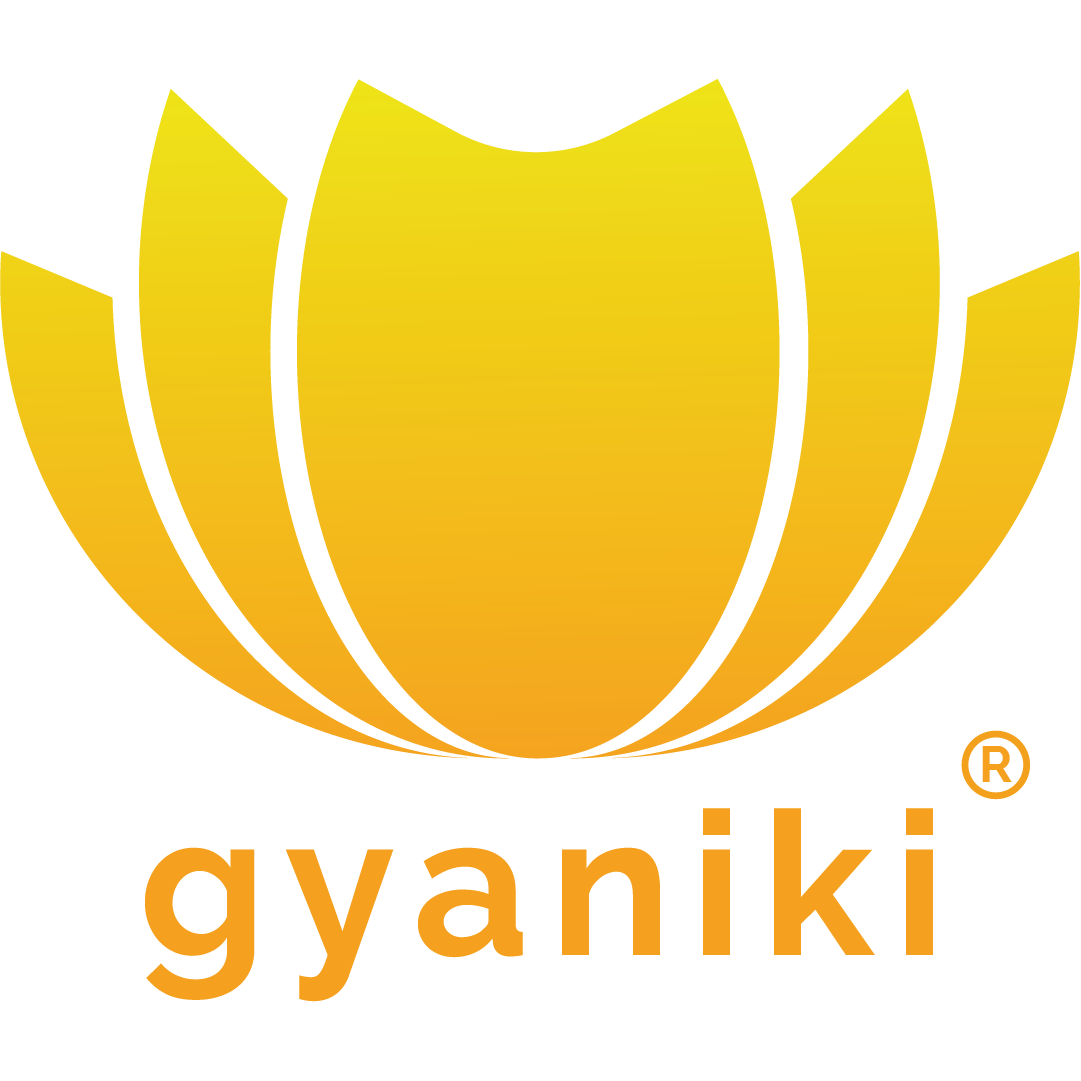
- B2B Connect Sessions for EV: Bridging OEMs and Tier 1 Players
- B2B Connect Sessions for EV Components: Strengthening Collaboration Between Tier 1 Suppliers and MSMEs
- Common Facility Center: Developing an EV Testing Lab for MSMEs in Coimbatore
- EV Skilling Program: Enabling MSMEs for the Transition to EV Manufacturing
B2B Connect sessions for Electric Vehicles (EVs) serve as strategic platforms to foster collaboration between Original Equipment Manufacturers (OEMs) and Tier 1 suppliers. These sessions are designed to facilitate direct engagement, enabling discussions on critical aspects such as technology development, component sourcing, supply chain resilience, and regulatory compliance. As part of this initiative, a B2B Connect session was conducted in collaboration with CODISSIA, Coimbatore, bringing together key stakeholders in the EV ecosystem. The event provided a structured platform for OEMs and Tier 1 suppliers to explore synergies and establish partnerships to accelerate EV adoption and localization efforts.
Key objectives of these sessions include:
Technology Alignment
Ensuring that Tier 1 suppliers align their product offerings with OEMs' evolving EV architectures, including advancements in battery technology, power electronics, and lightweight materials.
Supply Chain Synergy
Addressing challenges related to raw material procurement, localization strategies, and sustainable manufacturing practices.
Cost & Quality Optimization
Exploring strategies for cost reduction while maintaining high-quality standards in EV components.
Co-development Opportunities
Encouraging joint R&D initiatives for next-gen EV solutions such as solid-state batteries, advanced motor controllers, and efficient thermal management systems.
Regulatory & Policy Discussions
Understanding the impact of evolving EV policies, incentives, and global regulatory frameworks on product development and market penetration.
In the evolving electric vehicle (EV) ecosystem, collaboration between Tier 1 suppliers and MSMEs is crucial for enhancing localized manufacturing, supply chain resilience, and technology adoption. Recognizing this need, a B2B Connect session was conducted and driven by CODISSIA, Coimbatore, providing a strategic platform for Tier 1 suppliers and MSMEs to engage in meaningful business discussions and partnerships.
This session aimed to
Enable Market Access for MSMEs
Creating opportunities for MSMEs to integrate into the EV supply chain by showcasing their capabilities in precision manufacturing, electronics, and value-added services.
Enhance Localization Efforts
Promoting domestic manufacturing of key EV components such as battery enclosures, power electronics, motor assemblies, and lightweight structures to reduce import dependency.
Facilitate Technical Collaborations
Encouraging Tier 1 suppliers to mentor and guide MSMEs in quality standards, process optimization, and compliance with OEM requirements.
Optimize Supply Chain Efficiency
Strengthening ties between suppliers and MSMEs to ensure just-in-time (JIT) delivery, cost efficiency, and scalability for EV component production.
Drive Innovation & R&D Partnerships
Promoting co-development of next-gen EV technologies, such as energy-efficient components, smart charging solutions, and advanced materials.
The session included targeted B2B meetings, technical presentations, and knowledge-sharing discussions, enabling direct interaction between industry leaders and emerging MSME players. By fostering such collaborations, this initiative contributes to the growth of India’s EV manufacturing ecosystem, aligning with the nation’s goals for sustainable mobility and industrial self-reliance.
As the EV industry in India accelerates, the need for specialized testing facilities has become critical, particularly for MSMEs that often face challenges in accessing high-end testing infrastructure. Recognizing this, the Tamil Nadu government, in collaboration with SITARC, is establishing an EV Testing Lab in Coimbatore as a Common Facility Center (CFC) to support MSMEs in meeting regulatory, quality, and performance benchmarks.
As part of this initiative, the Knowledge Partner team is actively involved in developing the business case for setting up this facility, ensuring it aligns with industry needs and global testing standards.
The CFC aims to
Enhance MSME Competitiveness
Providing affordable access to advanced EV component testing, reducing reliance on distant or private labs.
Support Quality & Compliance
Helping MSMEs meet ARAI, ICAT, and international certification standards for EV components such as batteries, motors, controllers, and charging systems.
Encourage R&D and Innovation
Offering facilities for prototype validation, performance testing, and endurance studies to accelerate new product development.
Reduce Time-to-Market
Enabling faster certification and validation processes, reducing delays in product commercialization.
Foster Industry-Government-Academia Collaboration
Creating a hub for knowledge-sharing and technical skill development, ensuring long-term industry sustainability.
This initiative is set to position Coimbatore as a key hub for EV testing and validation, boosting the growth of MSMEs in the electric mobility sector while reinforcing Tamil Nadu’s leadership in EV manufacturing.
In a strategic initiative to support MSMEs in the shift towards electric vehicle (EV) manufacturing, a comprehensive EV Skilling Program was conducted in collaboration with CODISSIA, World Resources Institute (WRI), FameTN, and other industry associations. The program was specifically designed to help ICE automotive component manufacturers transition to EV component manufacturing while also leveraging Coimbatore’s expertise in motor and pump manufacturing to facilitate their entry into EV motor production.




